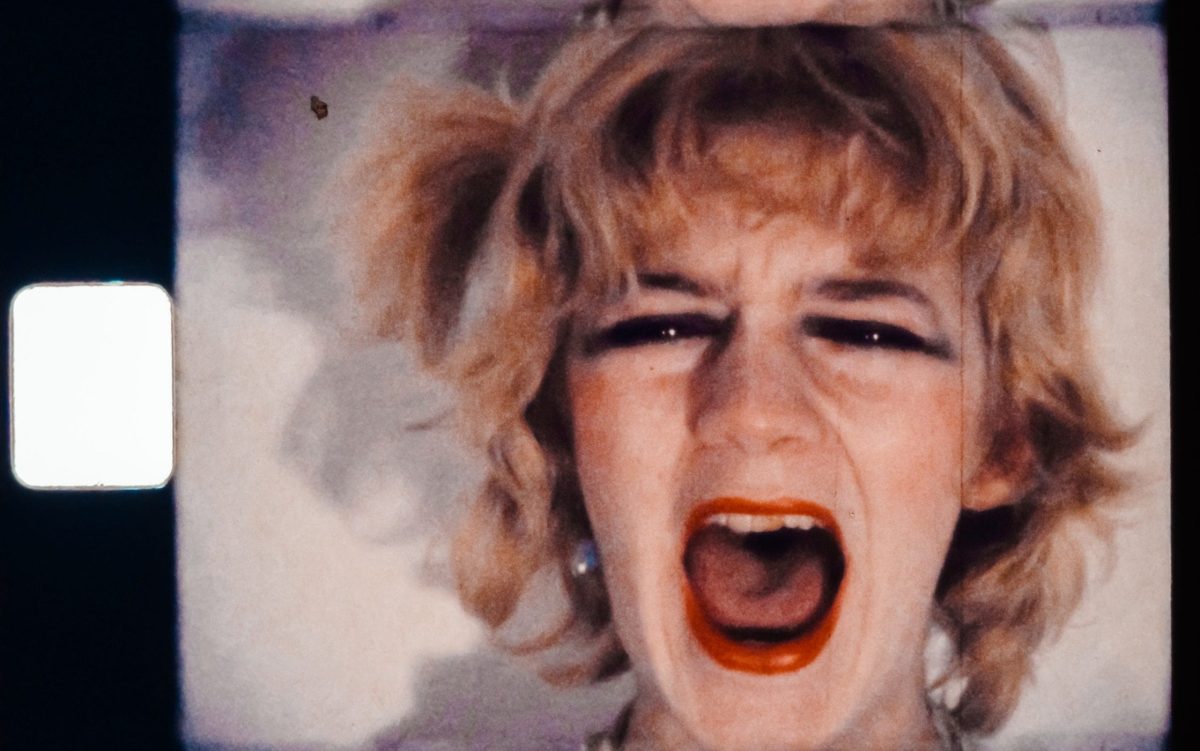While a variety of authors have inspired English Teacher Stephan Potchatek throughout his journey as a writer, he said Rosemary Radford Ruether’s work especially resonated with him.
“Throughout graduate school, I worked a lot with the writing of Rosemary Radford Ruether,” Potchatek said. “The quality of her work was just astonishing, and it truly transformed my way of thinking.”
Rosemary Radford Ruether, an American theologist, eco-feminist, and author, is just one of the many names who have impacted teachers throughout the English department.
English Teacher Eve Ellis said she is inspired by Indian author Arundhati Roy. At the beginning of her career, Roy worked in writing for television and movies but eventually transitioned to novels when she published her first book in 1997.
“[Roy] is a fierce advocate … [for] ecological and environmental activism in India,” Ellis said. “While she’s taken a lot of flack for some of her points of view, she remains very outspoken and I admire that.”
Furthermore, English Teacher Alissa Mears said she admires 20th-century author and feminist Virginia Woolf, which she incorporates into the British Literature curriculum. Additionally, with her Gender and Literature elective, Mears said she particularly appreciates Woolf’s writing regarding feminism.
“I have almost an obsession with Woolf and her works because they are very much a celebration of women and our experiences in society,” Mears said. “Woolf is the kind of author that really makes you question the role women have had throughout literary history.”
While many of Woolf’s pieces have resonated with her throughout her career as an English teacher and writer, Mears said she holds “A Writer’s Diary” close to her heart.
“Her anthology of diaries are truly amazing and extensive works,” Mears said. “Her writing is a really beautiful expression of life, emotions, and sensibilities, and I think about the themes it promotes almost daily.”
On the topic of social justice, English Teacher Chris Moore said he recommends “Sing, Unburied, Sing” by contemporary American author Jesmyn Ward, an author whose novels focus on themes of race and familial responsibility.
“‘Sing, Unburied, Sing’ is about the lingering effects of historical trauma on the black community,” Moore said. “Her writing is just visceral and powerful, and I love that it’s just incredibly literary.”
Similarly, Ellis praised Roy’s debut novel, “The God of Small Things” for exploring the impact of colonialism within India.
“That was a book that changed my understanding of what a novel could truly be,” Ellis said.
Potchatek recommends the book by American-Canadian journalist and author Jane Jacobs, titled “The Death and Life of Great American Cities.” Throughout the 20th century, Jane Jacobs was a prominent writer and activist who explored the ideas and designs of urban communities.
“I believe this novel is one of the most profound articulations of what communities ought to look like,” Potchatek said. “It’s an astonishing work that reflects on how communities should be shaped in our own lives.”
March is recognized internationally as Women’s History Month, with the world celebrating the numerous contributions women have made to society.
According to Publishers Weekly, women made up the majority of print authors on the 2023 New York Times Best Sellers List.
However, it took centuries of struggle and hard work for female authors to achieve equitable representation in the world of literature.
Ellis said that it is because of these struggles and the experiences of female authors that it is important to celebrate women’s writing achievements.
“Despite all different kinds of stereotypes and obstacles that women have faced, they have not only contributed to literature but expanded on and innovated within literature,” Ellis said. “They have inevitably made it richer.”
Echoing Ellis, Moore said it’s important to recognize the accomplishments and perspectives of all voices. “We should celebrate women in literature because when you look at any contemporary or traditional literature, there’s just so many women who offer such an important viewpoint,” Moore said.
Mears expresses a slightly different perspective, as she describes the importance of recognizing not just women’s contributions to literature, but also all that our society has lost from stubbornly excluding women from the world of writing.
“One of the things I love about Virginia Woolf is her acknowledgment of all the writing our society has lost due to women being excluded from the world of literature,” Mears said. “She really poses the question, ‘What could have been, had society allowed women to pursue literature in the past?’”





